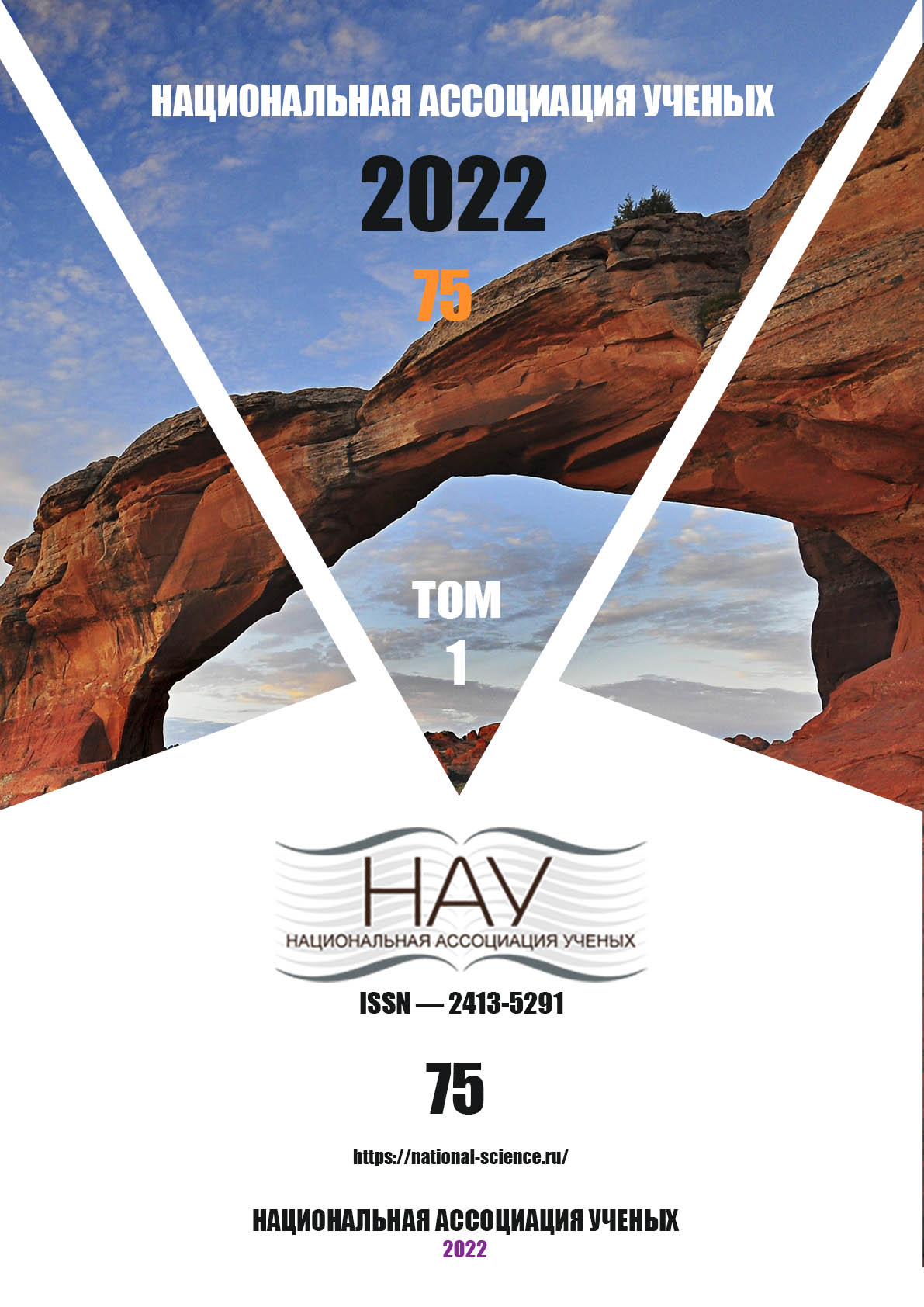THE ROLE OF THE PARENT COMMUNITY IN THE SPORTS SCENARIO OF HUMAN CAPITAL FORMATION IN THE REPUBLIC OF KHAKASSIA
Keywords:
Human capital, children’s sports, parents' associations, caregivers.Abstract
The article presents the results of an empirical study of the attitude of parents of the region of the Republic of Khakassia and the south of Krasnoyarsk Krai to their children's sports activities, as well as the theoretical and methodological basis for the problem statement. The basic hypothesis confirmed in the study was the assumptions 1) about the predominant vital-irrational character of parental care; 2) about an increased level of passionarity, sacrificial attitude of parents to child athletes; 3) about the increased sociogenetic potential of the parent community.
References
Gumiljov L.N. Jetnogenez i biosfera Zemli / L.N. Gumiljov. – M.: Ajris-press, 2013. – 560 s.
Ibragimov R.N. Social'nojenergeticheskij aspekt generacii chelovecheskogo kapitala: tri paradigmy // Idei i idealy. – 2019. - № 4, t. 1. - S. 119-140.
Didenko D. V. Intellektualoemkaja jekonomika: chelovecheskij kapital v rossijskom i mirovom social'no-jekonomicheskom razvitii. – SPb.: Aletejja, 2015. – 408 s.
Dmitrieva E.V., Frolov S.A. Sociologija zdorov'ja: ot teorii k praktike (na primere realizacii kommunikativnoj programmy «SMSmame») // Sociologicheskie issledovanija. 2020. №7. S. 118-127.
Doklad o chelovecheskom razvitii. Obespechenie ustojchivogo progressa chelovechestva: umen'shenie ujazvimosti i formirovanie zhiznestojkosti // United Nations Publications, New York, 2014, 28 pp.
Zaharov M.A. Sociologija i filosofija sporta v obrazovatel'nom prostranstve SGAFKST: sostojanie i perspektivy / M.A. Zaharov // Teoretiko-metodologicheskie problemy fizicheskoj kul'tury i sporta: sbornik statej. - Smolensk: SGAFKST, 2005. – 211 s.
Downloads
Published
Issue
Section
License

This work is licensed under a Creative Commons Attribution-NoDerivatives 4.0 International License.
CC BY-ND
A work licensed in this way allows the following:
1. The freedom to use and perform the work: The licensee must be allowed to make any use, private or public, of the work.
2. The freedom to study the work and apply the information: The licensee must be allowed to examine the work and to use the knowledge gained from the work in any way. The license may not, for example, restrict "reverse engineering."
2. The freedom to redistribute copies: Copies may be sold, swapped or given away for free, in the same form as the original.





